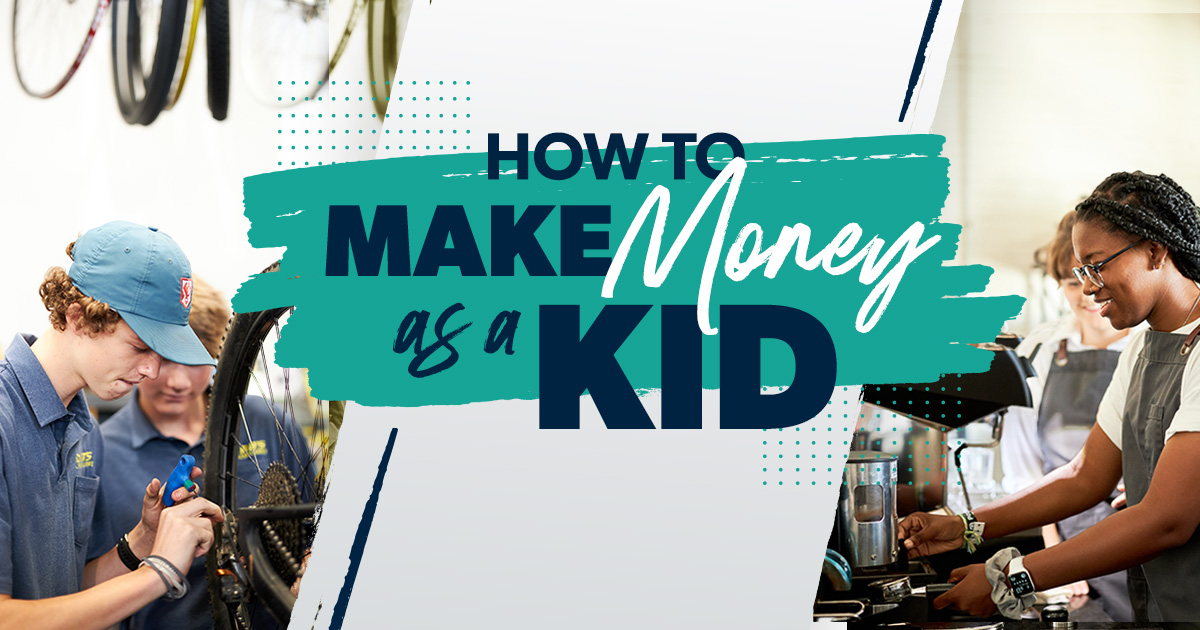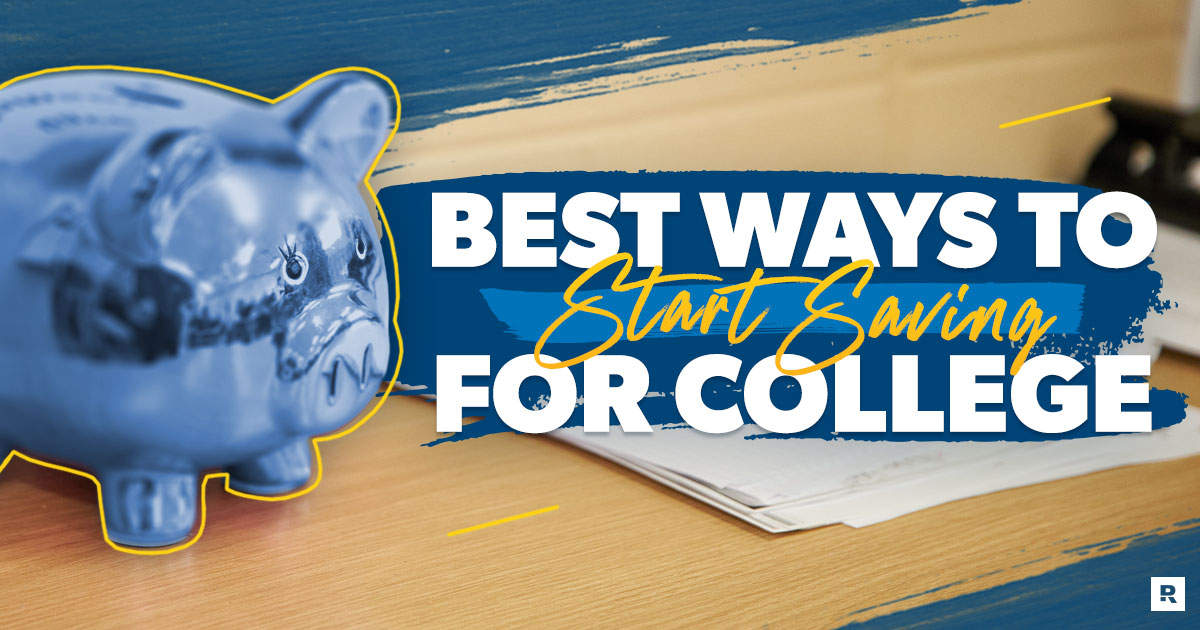
Saving
Never Worry About Money Again
Trending Saving Articles


Best Tips for Having a Successful Garage Sale

How to Get Rich: 8 Tips for Building Wealth That Lasts

12 Cheapest Places to Travel in 2024

How to Pay Cash for a Car

10 Car Buying Tips

What Is the FAFSA Deadline for 2024–2025 School Year?

10 Best Ways to Save for College

27 Side Hustle Ideas to Earn Extra Cash
More Saving Resources

The Book That’s Helped Millions
Leave paycheck-to-paycheck living behind with The Total Money Makeover.

A Guide to Down Payments
Saving for a down payment isn’t impossible. This guide will show you how.

Saving for College Stress-Free
A pro can help you make a plan that lines up with your goals and budget.
